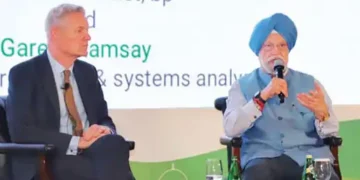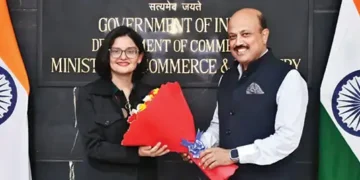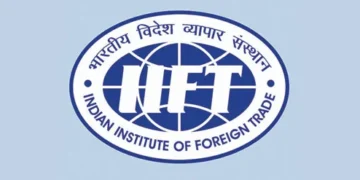Team Blitz India
IN a bid to further liberalize foreign direct investment (FDI) policies, India is setting the stage for a new wave of economic reforms following the upcoming Lok Sabha elections. Rajesh Kumar Singh, Secretary of the Department for Promotion of Industry and Internal Trade (DPIIT), announced potential policy changes at a recent business summit, highlighting the country’s commitment to fostering a more inviting investment landscape.
Recent FDI policy relaxations, particularly in the space sector, have already set a precedent. The government now allows 100% overseas investment in satellite component manufacturing, a move expected to galvanize technological advancements and global partnerships. Singh hinted that additional sectors could see similar liberalization efforts postelections, as the new government seeks to attract more foreign capital and stimulate economic growth.
PLI scheme
Despite a 13% dip in FDI inflows to $32.03 billion during April-December 2023, the Indian government remains optimistic. The Production Linked Incentive (PLI) scheme, a cornerstone of the current economic strategy, has successfully attracted ₹1.13 lakh crore in investments. This influx has translated into significant increases in sales, exports, and job creation. Addressing criticisms regarding the scheme’s impact on domestic value addition, Singh stressed the importance of strategic development and patience to reduce reliance on unsecured supply chains.
In anticipation of the World Bank’s Business Ready (B-READY) index survey scheduled for August, the DPIIT is working diligently to enhance India’s business environment. Efforts include streamlining entry, operation, and exit processes for businesses. Additionally, the department is preparing the second edition of the Jan Vishwas law, aimed at further decriminalizing business regulations to improve the ease of doing business in India.
India’s intellectual property rights (IPR) regime has also seen remarkable progress. The number of patents granted has surged from 5,978 in 2014-15 to 1.3 lakh in 2023-24.


























